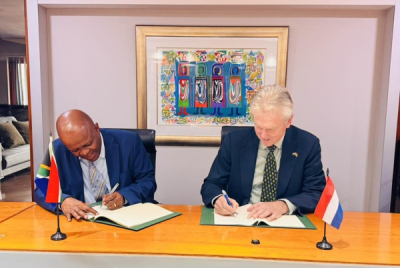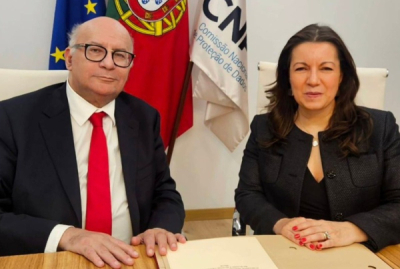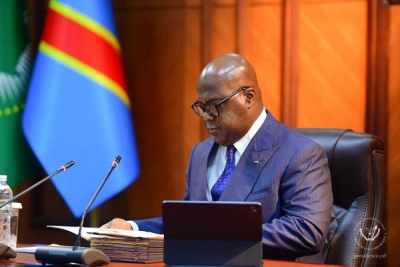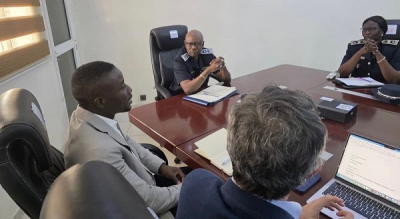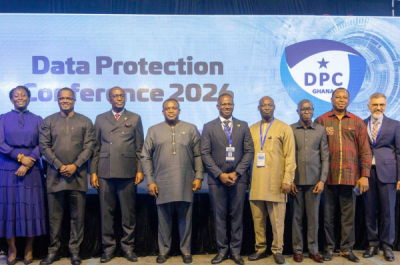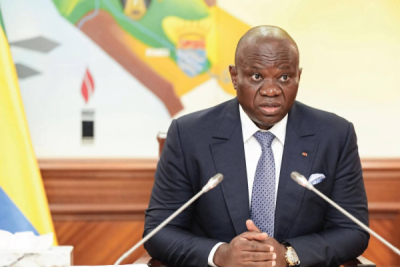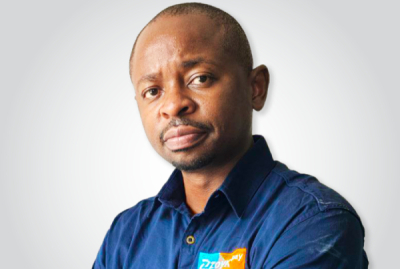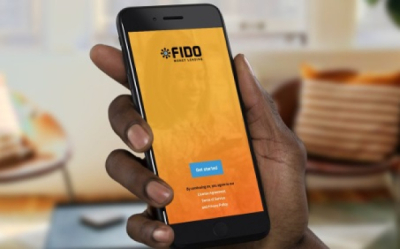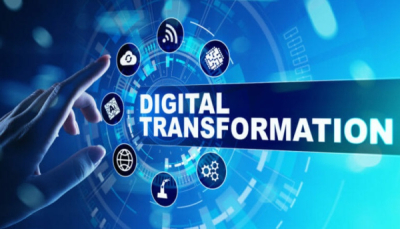• Mobile services in DR Congo face heavy taxes, driving up costs for users
• Total tax burden includes VAT, excise duties, and sector-specific levies
• GSMA urges tax reforms to improve digital inclusion and mobile access
The Democratic Republic of Congo (DRC) applies one of the heaviest tax burdens on mobile services in Africa, pushing up the cost of voice, data, and mobile money for users. According to the Mobile Sector Taxation: Comparative Fiscal Burden in DRC report published in June 2025 by the GSMA, this tax pressure is limiting digital access, slowing financial inclusion, and hindering the country’s digital transformation.
The report lists several sector-specific taxes. Revenues from mobile services are subject to a 16% value-added tax (VAT) and a 10% excise duty. Additional levies include a 2% contribution to the universal service fund, charged on turnover, and a 3.6% RAM fee intended to support internet access in universities.
While the dedicated mobile money tax was removed, these transactions remain subject to VAT and excise duties, keeping costs high for users.
The cumulative tax burden increases the final price for consumers, especially for low-income groups. Rural communities, youth, and women are among the most affected, even though mobile services play a vital role in providing access to information, education, and financial services. The GSMA warns that the current tax structure limits the spread of digital tools among vulnerable groups.
Data from the International Telecommunication Union (ITU) supports this concern. In 2024, the average cost of mobile services in the DRC was 16.4% of gross national income per capita, far above the ITU’s affordability benchmark of 2%. The GSMA attributes much of this gap to the high tax burden on operators and consumers.
To improve the situation, the GSMA is calling for a review of the tax system applied to mobile services. The association recommends lowering the excise duty to 3%, reducing the number of sector-specific taxes, and simplifying tax collection to promote investment and compliance among operators.
The GSMA also proposes exempting small mobile money transactions to boost usage among low-income households.
In 2018, the organization stated that tax reform in the sector could significantly expand mobile service penetration, particularly among low-income populations. According to the GSMA’s Advancing Digital Transformation in African Economies report, reducing or eliminating certain taxes could lower mobile internet prices by 13% year-on-year by 2028.



